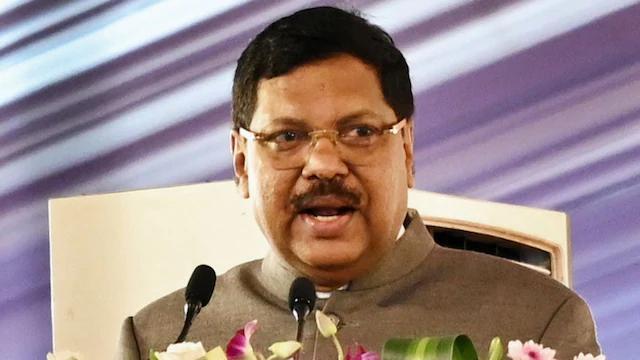
A Judge Had Reservations When My Name Came for SC Elevation: CJI
In a rare display of candidness, Chief Justice of India (CJI) Justice BR Gavai has revealed that one of the judges in the collegium had “some reservations” when his name was recommended for elevation to the Supreme Court in 2019. The CJI made this statement while addressing a gathering of judges and lawyers at a felicitation function in Mumbai, where he assured that the collegium system would continue to prioritize merit and transparency.
Gavai, who took over as the CJI in April 2023, made the comment while responding to questions from the audience. According to him, the judge who had reservations about his elevation was concerned that there might be unrest among some senior lawyers in Mumbai if he were to be elevated to the Supreme Court. The CJI did not reveal the name of the judge who had expressed these reservations but emphasized that he had kept the matter a secret for the past six years.
“I kept this as a secret. Last six years, I kept this as a secret. I didn’t share this with anyone,” Gavai said, according to reports. His statement is a testament to the trust and confidence he has in the collegium system, which he believes is essential for maintaining the independence of the judiciary.
The collegium system, which was introduced by the Supreme Court in 1993, is a process by which a panel of senior judges recommends candidates for elevation to the higher judiciary. The system is designed to ensure that appointments to the judiciary are made on the basis of merit and without external interference.
Gavai’s revelation is significant because it highlights the challenges that judges face when they are considered for elevation to the Supreme Court. The CJI’s statement also underscores the importance of maintaining confidentiality in the collegium system, which is critical for ensuring the integrity of the process.
The CJI’s comments were made in response to questions from the audience about the collegium system and its future. Gavai assured that the system would continue to prioritize merit and transparency, and that the judiciary would not compromise on these principles. He also emphasized the need for judges to be independent and impartial, and to maintain the highest standards of integrity.
Gavai’s statement has sparked a lot of interest and debate, with many lawyers and judges weighing in on the issue. While some have praised the CJI for his candor, others have expressed concerns about the implications of his statement.
For instance, some lawyers have argued that Gavai’s revelation undermines the collegium system and creates uncertainty about the criteria used to evaluate judges for elevation. Others have suggested that the CJI’s statement may have sent a negative signal to judges who are being considered for elevation, and may have created doubts about their abilities to handle the demands of the Supreme Court.
However, many legal experts have praised Gavai for his transparency and commitment to merit. They argue that the CJI’s statement has highlighted the importance of maintaining confidentiality in the collegium system, and has underscored the need for judges to be evaluated on the basis of their merit and ability.
In conclusion, Justice BR Gavai’s statement about the reservations expressed by one of the judges in the collegium when his name was recommended for elevation to the Supreme Court is a significant development in the world of law. The CJI’s candor and commitment to transparency are a testament to the values of the judiciary, and his assurances about the collegium system’s commitment to merit and transparency are reassuring.
As the CJI moves forward with his tenure, it will be interesting to see how he navigates the complexities of the collegium system and ensures that judges are appointed on the basis of merit and without external interference. One thing is certain, however: Justice Gavai’s commitment to transparency and merit will be closely watched by the legal community, and his leadership will be critical in maintaining the independence and integrity of the judiciary.






